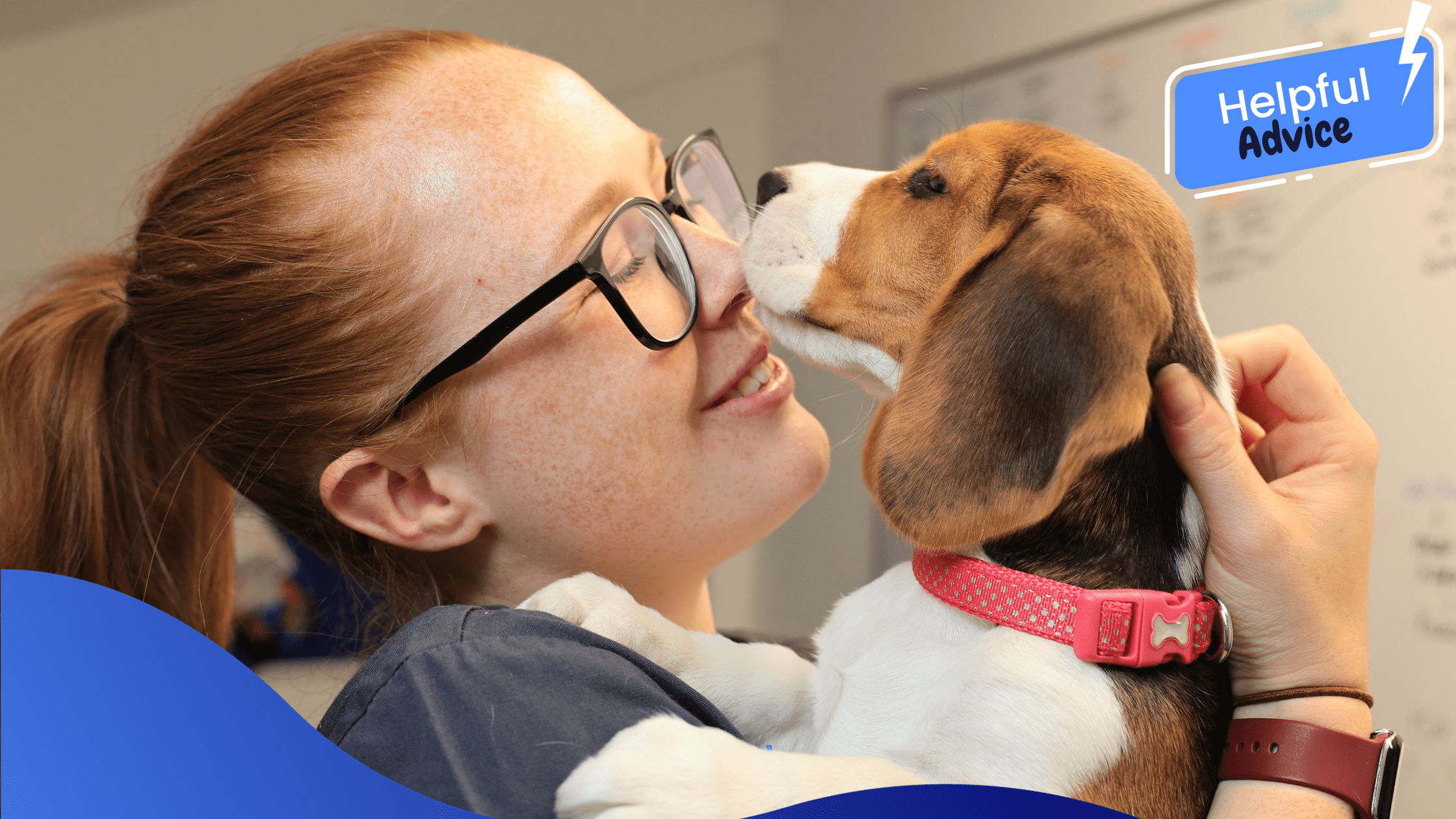Socialisation is crucial for puppies to develop into happy, friendly, and confident adults, by providing positive experiences and understanding of future situations.
Between 4 and 12 weeks, puppies undergo a socialisation period, learning about the world and developing resilience. This period teaches them how to adapt, cope, and enjoy everyday events, leading to increased happiness and confidence in adulthood.
Socialisation is crucial for puppies’ learning and development, as early anxiety can lead to behavior problems, fears, and phobias, impacting their quality of life.
This is not going to be an easy task, remember the three “P’s”
- Patient
- Positive
- Persistent
Don’t forget to reward your pup throughout this socialisation process.
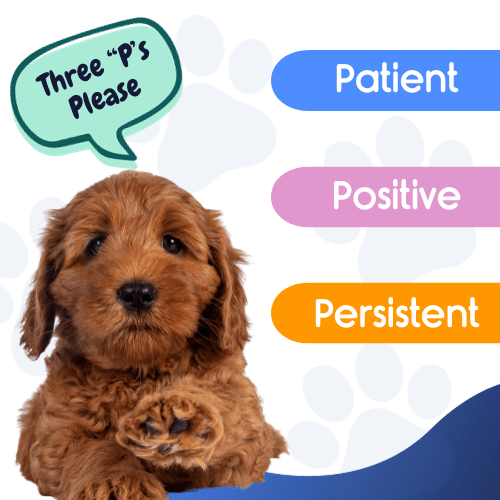
When To Socialise Your Puppy?
As soon as you bring your new bundle of joy home! It is important that puppies are not walked in public until they are fully vaccinated, as a number of potentially serious diseases can be transmitted through the environment and from other dogs if your puppy is not immunised against these diseases through vaccination.
However, carrying puppies outside in carriers or slings allows for early socialisation and allows them to explore the world, allowing for continued exposure to new experiences.
You should not rush the puppy socialisation period. Friendships are made over time, and trust is built slowly, as well as being easily lost.
When we give and do too much for too long, the lessons will be lost. Interaction and training is always best when kept short and sweet, increasing time as your dog becomes more confident with the exercise or interaction.
What You Should Allow Your Puppy To Experience
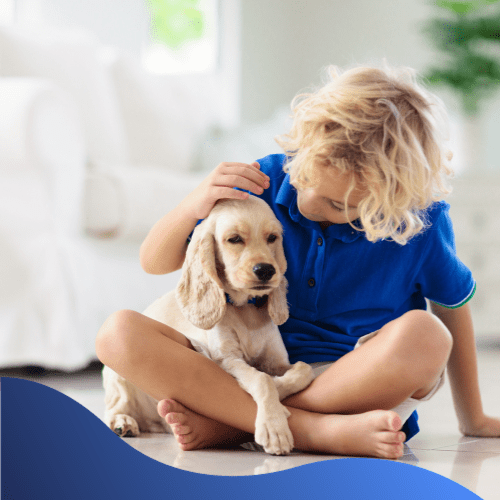
People
Encourage your puppy to meet adults and children, as more exposure leads to increased confidence. Take your puppy to friends’ houses and invite them to yours. If living without children, ensure they meet sensible children of different ages to avoid worries.
To introduce unfamiliar people to your puppy, stay relaxed and show them that you like them. Say hello and chat while passing people. If possible, include your postman, delivery driver, or local builder, creating a positive association.
New Places
Such as parks, beaches, shopping areas, sidewalks with cars going by, areas where you might walk or hike or vacation, other people’s houses, pet stores, grooming parlors, and of course your vets.
This provides an opportunity to become familiar with a wide range of different scents, sights and sounds.
If your dog is socialising well with humans, familiarisation with different environments should happen naturally.
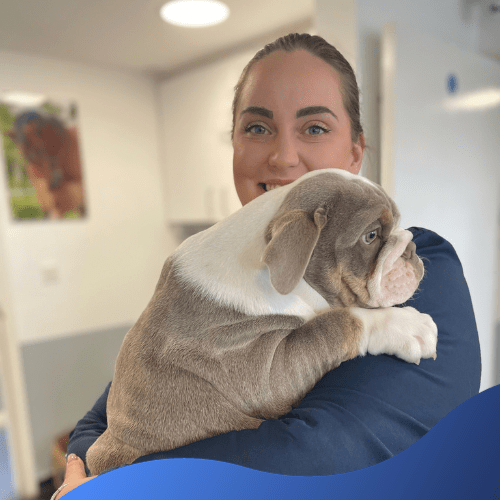
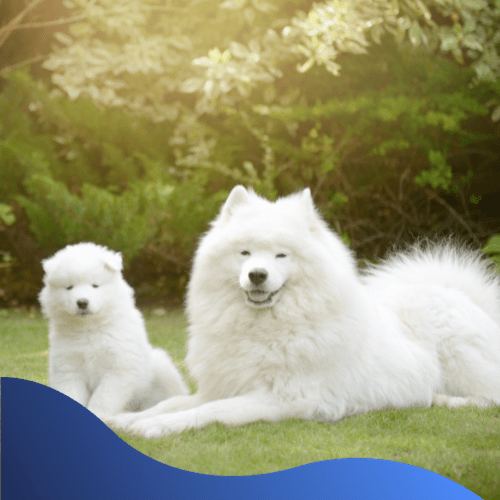
Other Dogs
Puppy owners should ensure their puppies meet a diverse mix of dogs to prevent fear of certain breeds as they grow older. They should also teach their puppy important communication skills and avoid putting teeth and paws on other dogs. It’s crucial to monitor their interactions with other dogs and adjust their behavior with unfamiliar ones, especially as they grow. Physical games can lead to trouble.
Surfaces
Surfaces such as sand, grass, gravel, wooden floors, carpets, decking, and pavement.
Always supervise your dog when you’re introducing them to new surfaces. Puppies love exploring things with their mouths, so keep an eye on them to make sure they don’t get carried away.
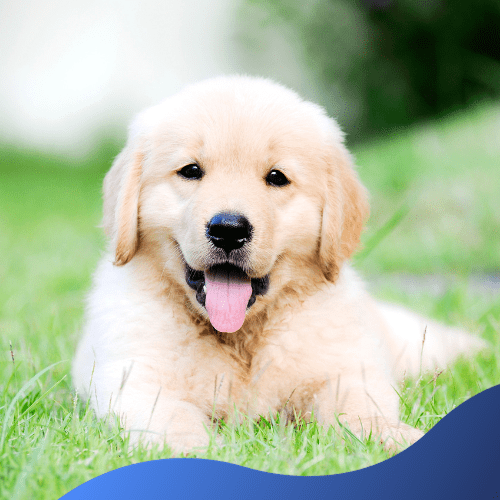
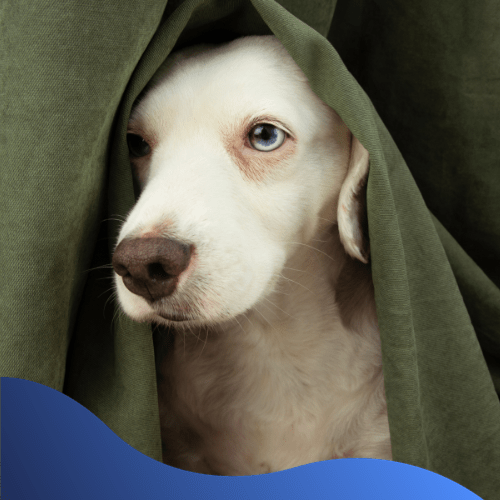
Sounds
Good sounds to familiarise them with are:
- fireworks
- babies crying
- children playing and laughing
- thunderstorms
- Hoovers and hairdryers
- cars and trains
This will really help prepare your puppy for the noises they are likely to hear throughout their life.
Other Animals
Puppies should see various animals, especially livestock, horses, and cats, and be kept on lead to prevent learning to chase them. Reward calmness with verbal and treat rewards, and create distance if necessary. Always keep dogs on lead around livestock, as livestock worrying is a crime.
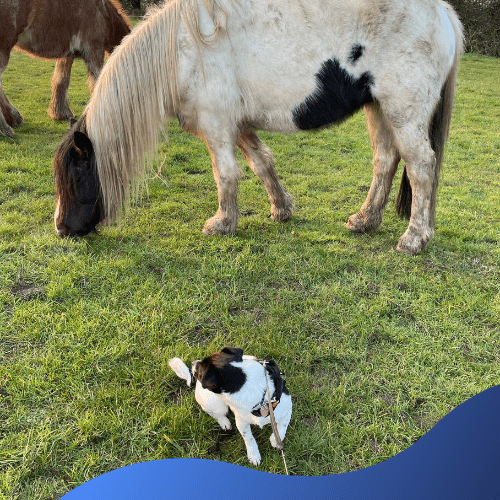
Tips To Socialise Your Puppy
Make it a happy experience
Socialisation needs to be positive, so you’ll need to find ways to make sure your puppy enjoys the new things they come across. You could do this by using treats, toys and praise. If your puppy has negative experiences during their socialisation period, this can make them nervous when they come across the same thing later in their life, or it can even result in more generalised fears. If your puppy seems anxious or afraid at any point, remove them from the situation and take them to a place where they seem calm and happy. Try again with the experience later or another day, staying positive and keeping your puppy further away until they are comfortable
Slow and steady wins the race
Introduce new things gradually to your puppy, starting with local shops and gradually moving to busy areas. Praise and treat them when they’re calm and relaxed to ensure they enjoy the experience.
Don’t overload
Introduce new experiences gradually, aiming for short, positive experiences. If your puppy becomes tired or stressed, take them home for rest before returning to the field.
Timeout
As much as we don’t desire to leave our puppies, it is important they get used to be alone. Start by leaving your puppy for a few minutes, gradually increasing the time until they’re comfortable being alone in the house for longer periods.
Caution when your puppy plays with other dogs
Keep your puppies playing with friendly dogs only and monitor their body language. Avoid boisterous or over-excited play and ensure they only meet fully vaccinated dogs after their vaccination course.
Keep to a routine
Ensure your puppy gets used to your routine, including regular bedtimes and meals, even if you take ‘pup-ernity’ leave. Set aside a few days each week for you and your puppy to stick to your daily schedule, so they understand what to expect and learn happiness independently.
Consider puppy classes
Puppy classes or socialisation groups provide a chance for puppies to meet other dogs and get used to different environments. We offer free socialisation clinics, and you are more than welcome to bring your new pup in to get used to our practice and our team.
Let’s not forget the collar!
Introduce your puppy to a collar and tag early in life to ensure they are comfortable with it. If using a harness, let them wear it around the house for a few hours to prepare them for their first steps after vaccination.
On the topic of puppies, we have launched….
NEW Puppy Packs:
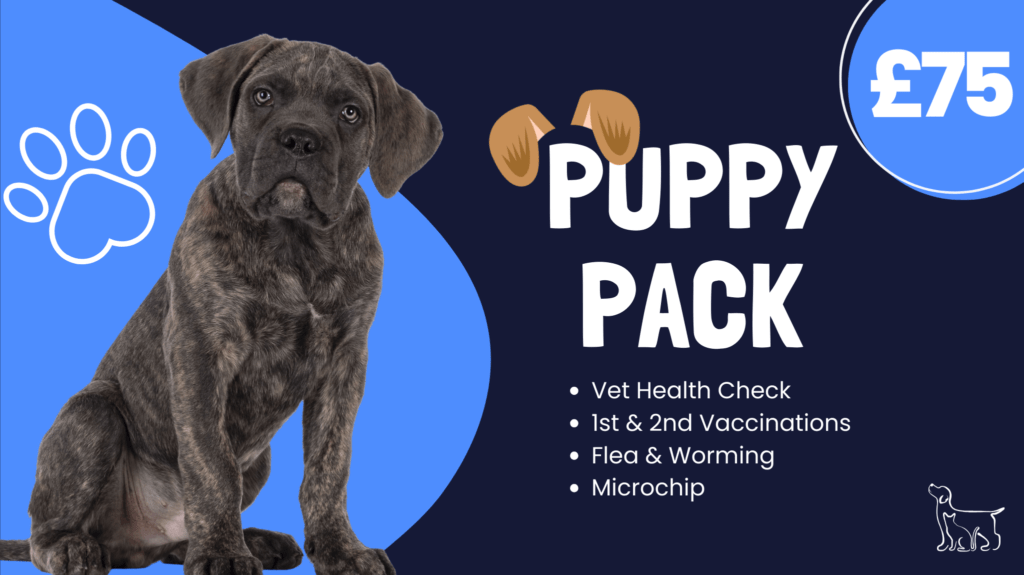
Thank you for reading, until next time…

